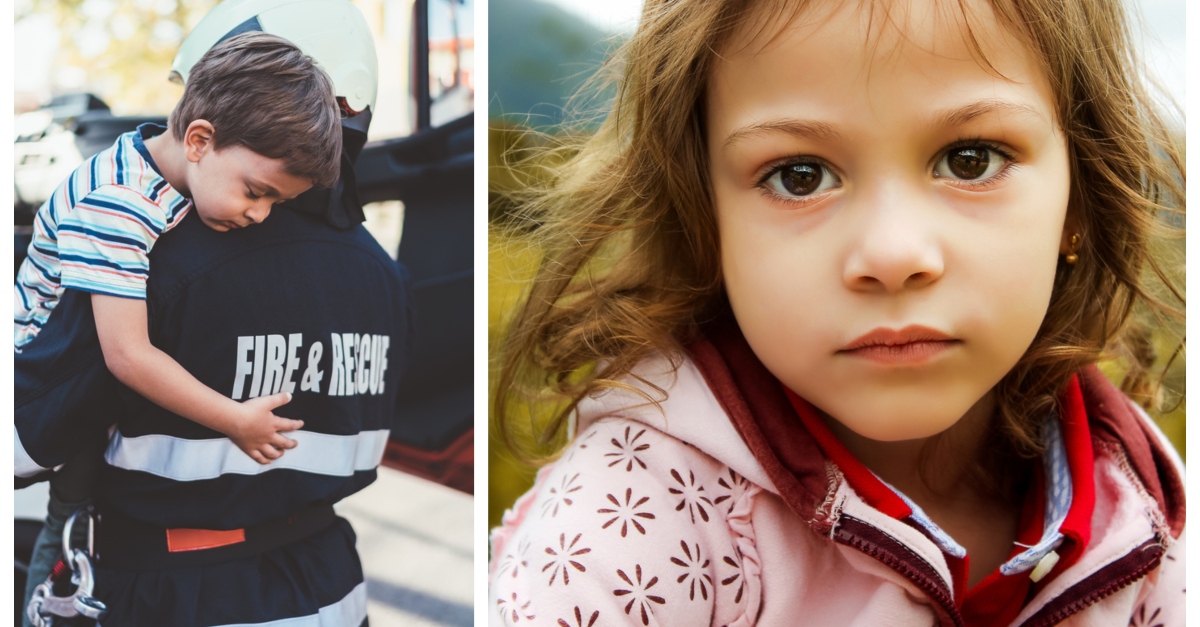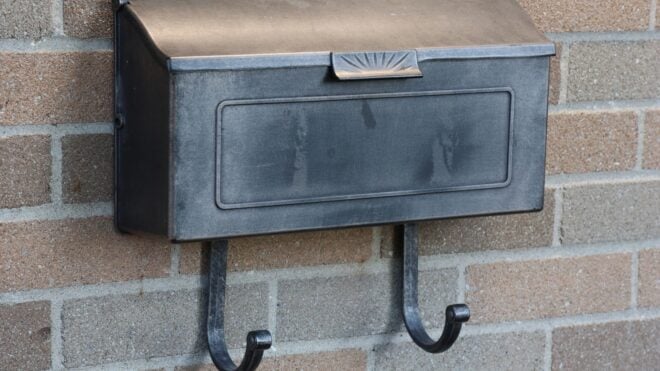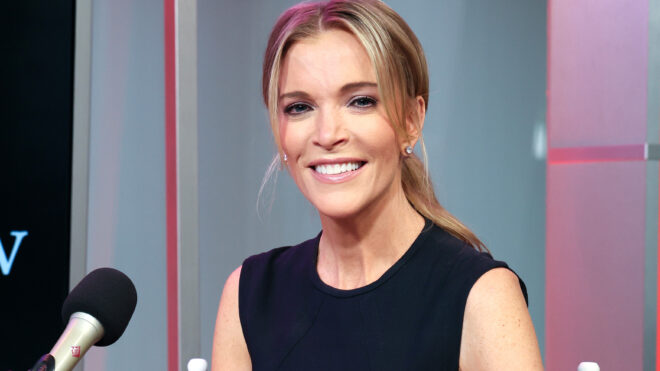
The coronavirus is spreading rapidly across the United States, and reports of new incidences of the disease are increasing as well. Sadly, reports of deaths related to the virus are increasing, too.
Many health care workers are at particular risk of contracting the virus, especially as they are repeatedly exposed to the virus from patients. As the viral load increases for a health care worker, it can make the virus even more serious. This is one important reason why so many safety measures are in place. One reason we are all practicing social distancing right now is so we can help keep ourselves and our community healthier, which eases the burden on overworked health care workers who are doing their best to help patients who are already in the hospital.
Sadly, a health care worker named Diedre Wilkes has died after contracting the virus. Diedre was only 42 when she died, and she was a mom to a preschooler. Tragically, the Georgia 4-year-old was home alone with Dierdre's body for hours after she died.
Police were asked to conduct a welfare check at Diedre's home in Coweta County, Georgia, this week. While there, they discovered her body. They believe that she had died 12 to 16 hours before they arrived at her home. Tragically, her 4-year-old child was alone with Dierdre's body the entire time.
Diedre worked as a mammogram technician at Piedmont Newnan Hospital in Georgia. The hospital is about 40 minutes from Atlanta, and authorities conducted a posthumous test for COVID-19 that came back positive. It's currently not known exactly how she came in contact with the virus.
The information that has been released so far also states that Diedre Wilkes did not have any underlying medical conditions. A spokesperson for the hospital where she worked has said that the hospital was "deeply saddened when the coroner notified us … of the sudden passing of our colleague."
They have also said that they are taking extra precautions. "Piedmont is providing these individuals with detailed information for self-monitoring and will offer COVID-19 testing to those who request it. This employee did not work in an area treating known or suspected COVID-19 patients. Our thoughts and prayers are with the employee’s family during this difficult time."
The hospital has also stated, "However, because we were told that an initial COVID-19 test performed after her death was positive, and because we know people can expose others before they show evidence of the disease, as a cautionary measure, we have contacted the employees and patients who may have had contact with this employee in the days leading up to the colleague’s last day at work."
Diedre's 4-year-old was home alone with her in the time preceding her death, and was alone with her body afterward. The child is with the father now, but it's deeply concerning when you think about what kind of effect this experience will have on the child now and in the future.
The coronavirus continues to spread across the United States. There are currently at least 68,000 cases in the country, and the United States' death toll crossed 1,000 on March 25. New York remains the state with the most cases (currently 33,000), but cases are rising in every single state. Georgia is currently reporting 1,387 cases.
In the midst of the national news surrounding the virus, it can be easy to forget the individual ways this virus is impacting people all over the country, and people in our own communities. It could be impacting people reading this right now. It's important that we choose to band together, to do what we can for one another, and to really do what we can to support our health system.
Hospitals around the country are already feeling the drain on resources, and staff are feeling the personal strain of dealing with the virus itself. The best thing most of us can do right now to keep our health care workers safe is to donate any medical supplies we have (especially masks, gloves, and gowns) and to stay home as much as we can, so we are not as likely to contract or to spread the virus.




